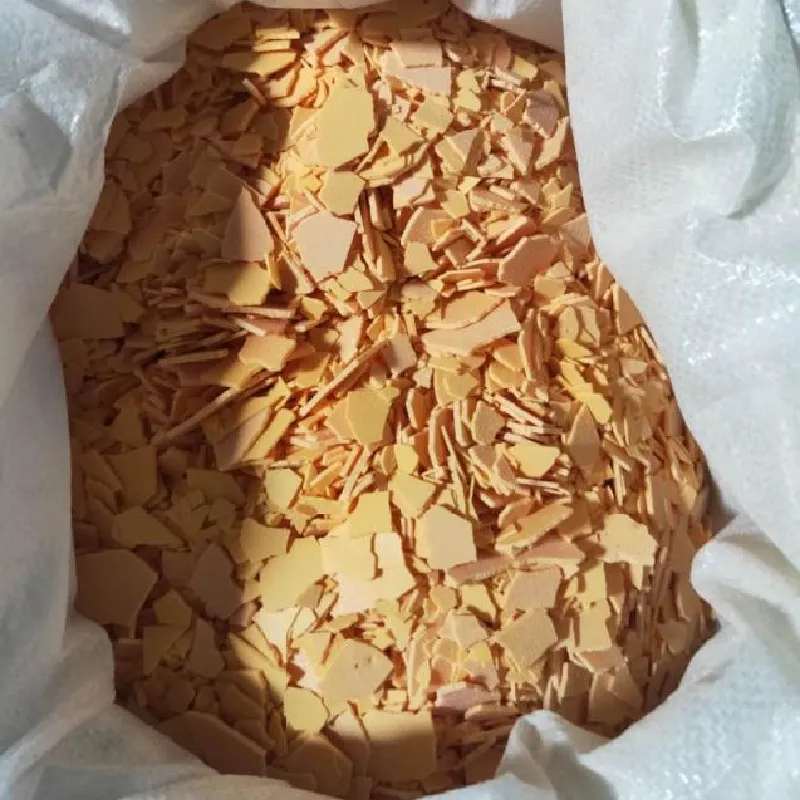
kinds of fertilizer
Understanding the Different Kinds of Fertilizer
Fertilizers play a crucial role in agriculture and gardening by providing essential nutrients that plants need for healthy growth. They can be classified into several categories based on their composition, source, and functionality. Understanding the different kinds of fertilizers can help gardeners and farmers enhance soil health, improve crop yield, and promote sustainable practices. In this article, we will explore the various types of fertilizers and their applications.
1. Chemical Fertilizers
Chemical fertilizers, also known as synthetic fertilizers, are manufactured from inorganic compounds. They are highly concentrated and provide a quick nutrient boost to plants. Chemical fertilizers are categorized further based on their nutrient composition
- NPK Fertilizers These fertilizers contain three primary nutrients Nitrogen (N), Phosphorous (P), and Potassium (K). Each nutrient plays a specific role in plant growth; nitrogen promotes leaf and stem growth, phosphorus supports root development and flower formation, and potassium enhances overall plant health and disease resistance.
- Single Nutrient Fertilizers These fertilizers provide only one of the essential nutrients. For example, urea is a common nitrogen fertilizer, while superphosphate supplies phosphorus. These are used when specific nutrient deficiencies are detected.
While chemical fertilizers can be effective for immediate plant needs, they may lead to soil nutrient imbalances and environmental challenges such as water pollution if used excessively.
Organic fertilizers are derived from natural sources, including plant and animal matter. They improve soil structure, enhance microbial activity, and slowly release nutrients over time, making them a sustainable choice for long-term soil health. Types of organic fertilizers include
- Animal Manure Composed of feces from livestock, manure is rich in nutrients. Depending on the animal source, it can vary in nutrient composition and must be well-aged or composted to avoid harmful pathogens.
- Compost Decomposed organic matter from kitchen scraps, garden waste, and other biodegradable materials. Compost provides a balanced source of nutrients and improves soil texture and moisture retention.
kinds of fertilizer

- Green Manures and Cover Crops These are crops grown specifically to be tilled back into the soil. They enhance soil organic matter and prevent erosion while fixing nitrogen in the case of legumes.
Organic fertilizers contribute to sustainable agriculture by reducing reliance on synthetic chemicals and promoting biodiversity in the soil ecosystem.
3. Slow-Release Fertilizers
Slow-release fertilizers are designed to gradually release nutrients over an extended period. They can be both organic and inorganic, and they reduce the risk of nutrient leaching, making them more environmentally friendly. These fertilizers are especially beneficial for container plants and landscapes where prolonged nutrition is essential.
4. Liquid Fertilizers
Liquid fertilizers are soluble fertilizers that can be applied through irrigation systems or sprayed directly onto plant foliage. They provide immediate nutrient availability and are particularly useful for quickly addressing nutrient deficiencies. Liquid fertilizers can be further divided into organic and synthetic options, catering to a range of gardening practices.
5. Specialized Fertilizers
These fertilizers are formulated to meet specific needs based on plant types or growth stages. For instance, bloom boosters are designed to enhance flower production, while starter fertilizers provide essential nutrients to young seedlings. Hydroponic fertilizers are tailored for growing plants without soil, providing precise nutrient formulations to support growth in a controlled environment.
Conclusion
Choosing the right type of fertilizer is fundamental for effective plant care and sustainable agriculture. Each type of fertilizer has its own benefits and uses, and understanding these can help gardeners and farmers make informed decisions that enhance soil health and productivity. Whether opting for chemical, organic, or specialized fertilizers, the key is to apply them judiciously and consider the long-term health of the soil and the environment. By doing so, we can ensure that our gardens and farmlands thrive for many generations to come.
-
Pure Sodium Dichloroisocyanurate Dihydrate | Powerful DisinfectantNewsAug.29,2025
-
Industrial Chemicals: Quality & Purity for Every IndustryNewsAug.28,2025
-
Nitrile Rubber Honoring Strict Production StandardsNewsAug.22,2025
-
Aspartame Ingredients Honoring Food Safety ValuesNewsAug.22,2025
-
Fertilizer for Balanced Plant NutritionNewsAug.22,2025
-
Cyanide Gold Processing with High Purity AdditivesNewsAug.22,2025
-
Formic Acid in Textile Dyeing ApplicationsNewsAug.22,2025
Hebei Tenger Chemical Technology Co., Ltd. focuses on the chemical industry and is committed to the export service of chemical raw materials.
-

view more DiethanolisopropanolamineIn the ever-growing field of chemical solutions, diethanolisopropanolamine (DEIPA) stands out as a versatile and important compound. Due to its unique chemical structure and properties, DEIPA is of interest to various industries including construction, personal care, and agriculture. -

view more TriisopropanolamineTriisopropanolamine (TIPA) alkanol amine substance, is a kind of alcohol amine compound with amino and alcohol hydroxyl, and because of its molecules contains both amino and hydroxyl. -

view more Tetramethyl Thiuram DisulfideTetramethyl thiuram disulfide, also known as TMTD, is a white to light-yellow powder with a distinct sulfur-like odor. It is soluble in organic solvents such as benzene, acetone, and ethyl acetate, making it highly versatile for use in different formulations. TMTD is known for its excellent vulcanization acceleration properties, which makes it a key ingredient in the production of rubber products. Additionally, it acts as an effective fungicide and bactericide, making it valuable in agricultural applications. Its high purity and stability ensure consistent performance, making it a preferred choice for manufacturers across various industries.





